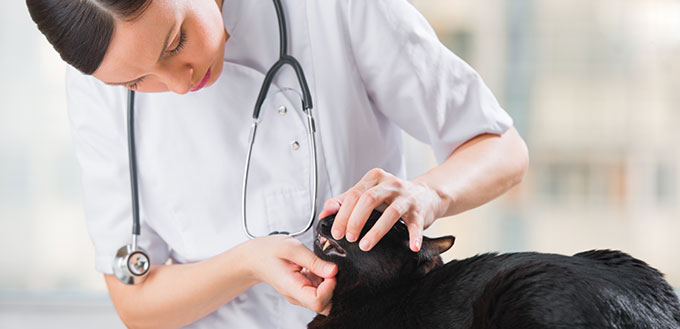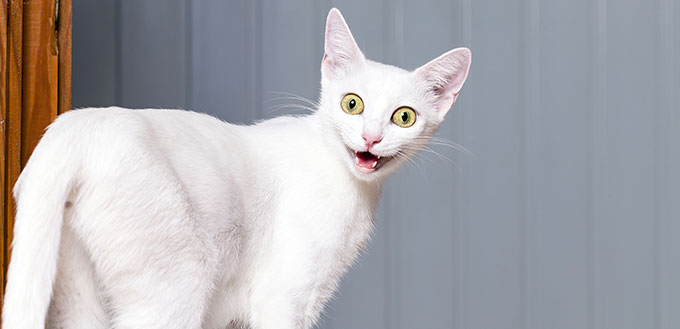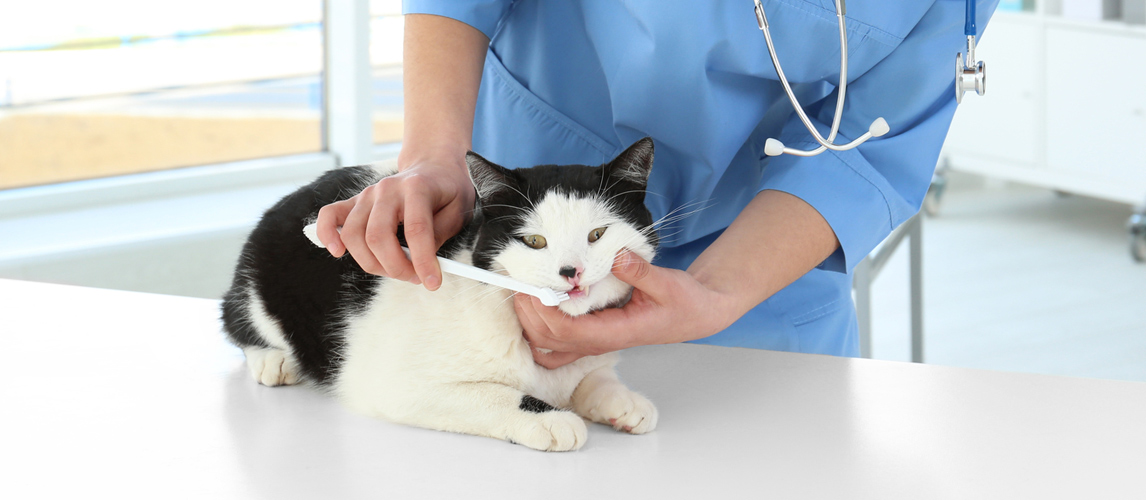The teeth are a defining feature of any kitty, big or small and key to their day-to-day life. Used for self-defense, hunting, grooming or simply eating their kibble. But if they’re not properly looked after, your cat losing their teeth could be a very real possibility.
Cat teeth falling out is less than ideal, and with a range of reasons for why it can happen, it can be difficult to pinpoint exactly what’s causing the problem, and so in this article, we will explore the possible explanations for why it could be happening.
Do Kittens Lose Their Teeth?
First of all, let’s clear up the first concern you’re likely to have regarding your new kitten’s teeth. You may find the occasional tooth lying around the house when your kitten gets to about 4-7 months of age, which for any new cat owner may be a bit concerning. You’ll be pleased to know that it is more than likely that they are just losing their baby teeth, as cats go through 2 sets of teeth just as humans do. And, as a result, kittens lose their baby teeth around the 4-7 months mark as 30 new permanent adult teeth take their place.
Do Adult Cats Lose Teeth?
When it comes to an adult cat’s oral health, they typically should not be losing any of their teeth, as their second set of teeth are meant to keep them hunting, grooming and chomping away for the remainder of their lives. If you’re finding that your cat seems to be struggling with loose or completely lost teeth, now would be the time to explore possible causes. The sooner you can recognize the problem, the quicker you can rectify it and hopefully avoid any further damage or loss. So let’s take a look at what could possibly be causing your cat’s dental distress.
Dental Disease
Dental Disease is the top cause for a cat losing its teeth. In fact, dental disease is an extraordinarily common problem, so much so that it affects two-thirds of cats over the age of 3 years old. The most common cause of dental disease is something that occurs with all of us, cats, dogs, and humans alike, plaque.
The accumulation of plaque is unavoidable, as it is developed by bacteria collecting on the surface of their teeth as they eat and chew. The main thing to remember is to have your cat’s teeth cleaned regularly in order to avoid this plaque mineralizing into tartar and calculus, as this is when it can become damaging and will develop into gingivitis.
Recognizing Gingivitis in Cats
Gingivitis is a very common, but easy to avoid affliction in many pets, and is classed as the earliest stage of periodontal disease. The gum pocket, otherwise known as the gingival sulcus, is the extremely narrow space between the wall of the gums and the tooth itself, and the presence of gingivitis within these pockets causes a build-up of negative bacteria and toxins that will begin to break down the gum tissue.
It can be easily treated through a thorough cleaning of the teeth and gums and is recognizable in the early stages by mild reddening of the gums and the visible presence of plaque.
Related Posts: Cat Toothpaste and Cat Toothbrush
As Gingivitis progresses, the symptoms become more severe and more difficult to treat. As well as plaque being present, there will also be a build-up of dental calculus, which is the result of calcium carbonate and calcium phosphate mixing with the organic material and hardening on the teeth and gums. When this happens, the symptoms will worsen to the surface of the gums becoming irregular and moderate to severe redness of the gums, and halitosis, also known simply as bad breath, which for many cats will start to become quite uncomfortable.
Potential Causes of Gingivitis
If left untreated for an extended amount of time, gingivitis can eventually begin to eat away at the bone and ligaments and cause damage beyond repair that can lead to extremely loose teeth or loss of teeth altogether.
There are many possible causes for gingivitis in cats, some much more severe than others, that should be noted so that you know what to look out for when it comes to your own furry friend:
- Lack of dental care
- Soft foods
- Old age
- Crowded teeth
- Open-mouthed breathing
- Uremia and diabetes mellitus
- Feline Leukemia
- Feline Immunodeficiency Virus
- Autoimmune Disease
- Bad Chewing Habits
Treatment
The best thing to do if you are worried at all that your kitty may be showing signs of onset gingivitis is to take them to your veterinarian. Once there, your vet will be able to perform a full exam to help to determine the cause. Keeping a mental (or physical) note of any of the symptoms you have noticed right from the start will also help your vet to eliminate possible causes. You should also include any dental routine you may have with your cat, including products used as they could also have an effect on the final verdict.
The main form of treatment used for gingivitis is a thorough dental cleaning. This will be done by placing your cat under anesthesia, so as not to cause them any pain or distress, and performing a full dental exam wherein your vet will check the gum pockets, the health of the teeth and the condition of the gums themselves. They will then remove any teeth that are beyond repair are any that may be causing overcrowding in the mouth. This will be followed up by a scaling process, which removes any plaque or calculus from the remaining teeth, the teeth will then be polished to finish.
How to Avoid Loss of Teeth in Cats
So, when it comes to looking after your kitty’s dental hygiene it is best to keep on top of it right from the off. With regular dental checks with your vet and by being vigilant on noticing anything that could be a sign of dental distress, you could save your cat a lot of unnecessary discomforts or pain and save yourself a lot of stress.
Sources:
- Pet Dental Care, American Veterinary Medical Association
- Kate O’Hara, DVM, Feline Stomatitis, The MSPCA–Angell
- Stomatitis in Cats: Feline Dental Disease, Best Friends Animal Society
Note: The advice provided in this post is intended for informational purposes and does not constitute medical advice regarding pets. For an accurate diagnosis of your pet's condition, please make an appointment with your vet.









